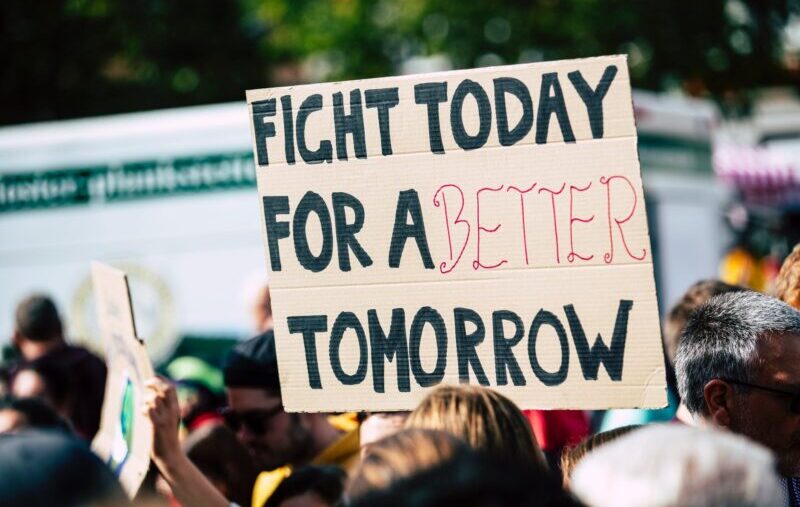“I was clever, so I wanted to change the world.
Today I am wise, so I am changing myself.”
– Rumi
Ben Zander, orchestra conductor and co-author of “The Art of Possibility,” had an epiphany about why his players weren’t producing the sound he wanted. Instead of berating them for a lack of preparation, professionalism or skill, he decided instead to look at himself.
“What are they doing wrong?” or “Why can’t they get it right?” became, “Who am I being that my players are not playing the way I would like them to?”
He began a practice of placing a blank sheet of paper on each player’s music stand, on which they were invited to give him any and all feedback they wanted to share. And because he was willing to change himself, to change the relationship between a conductor and his orchestra, they did exactly that.
Every time – every single time – I have applied this same approach to my own circumstances I have found myself not only happier but more effective, too. When I stop trying to change my clients and instead change my approach to our interactions; when I stop trying to change my children and instead change the quality of my listening; when I stop feeling frustrated with other’s negativity or cynicism or disconnection and instead become more positive, optimistic and connected, this is when good things start to happen.
And to those who suggest that this is an unfair division of labor, that changing oneself is an unsustainable approach unless others are willing to do the same, I can only say that leader always go first. As a result of doing so, one of two things tends to happen: others positively respond to the leader’s personal changes and begin to change themselves (like Mr. Zander’s musicians learning to give him feedback) or they reveal their intransigence, helping the leader better understand which relationships and opportunities to invest in and which to leave behind.

Photo by Lum3n.com on Pexels.com





